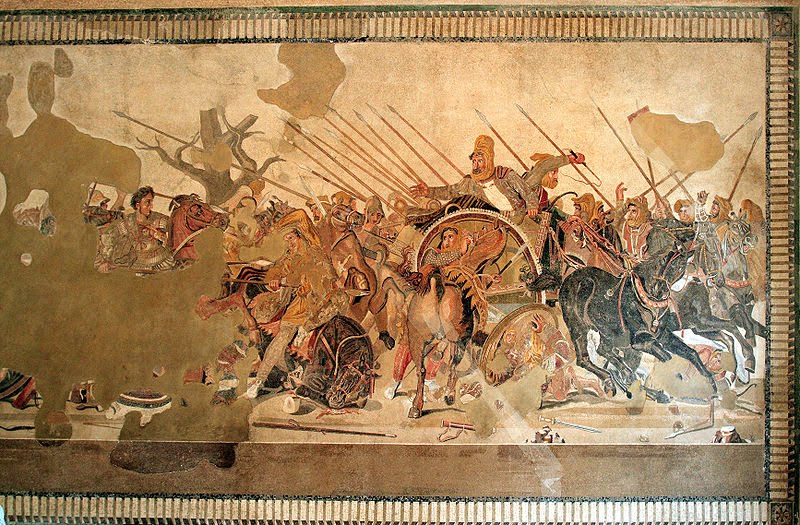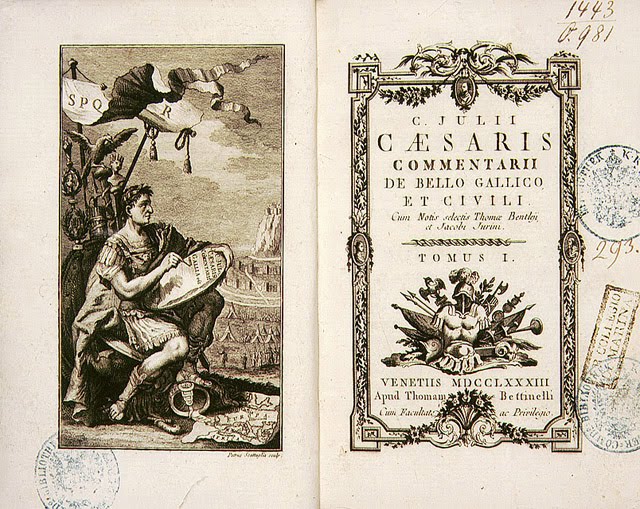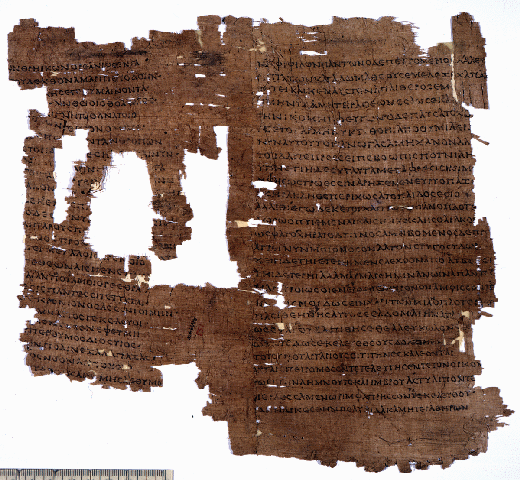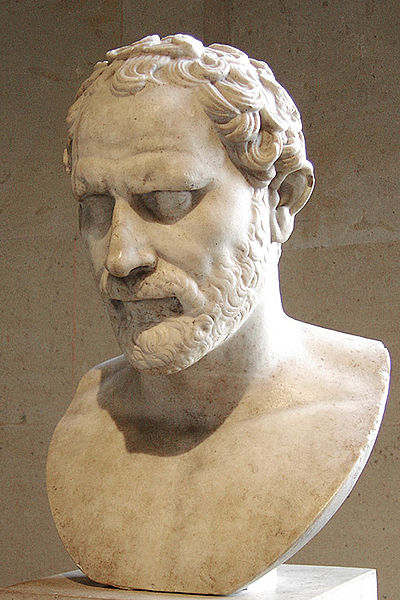І. Съдържание на откъса
Случи им се така, че те непрекъснато се разкъсваха (между военните си задачи); и точно поради това, че се стремяха да завладеят чужди страни, ставаха неспособни да опазят своята собствена. Броят им беше недостатъчен както да се наложат над онези, срещу които изпращаха части от армията си, така и да се защитят от възможни атаки срещу града си. Напредъкът в нещата, които си бяха поставили за цел, беше по-скоро вреден за тях; те изглеждаха повече като роби-управители на владенията си, отколкото като истински владетели (53).
Те нямаха изгода съюзниците им да са силни - защото така биха станали опасни за тях; нито пък да са слаби - защото каква би била ползата от такова съюзничество? (54)
Когато някои от съюзниците се отцепваха, те ги усмиряваха с помощта на други; и така показваха, че за всички е по-добре да се отделят от съюза, и то наведнъж. Защото ако останат в такъв съюз, явно винаги биха били принуждавани да воюват едни срещу други (в интерес на атиняните): но ако се отделят заедно, тогава биха били свободни - защото атиняните не биха могли да ги задържат със свои сили (55-56).
II. Съвременни учени за междугръцките конфликти
The very existence of panhellenic festivals testifies to the fact that the Greeks perceived themselves as members of a single religious group… This vision of Greek unity and kinship - which formed the very core of the politics of panhellenism - was in fact regularly promoted by the rhetorical speeches composed for these festivals (for example Gorgias' Olympicus and Pythicus and Lysias' Olympicus…). As Isocrates says in the Panegyricus:
Those who founded the great festivals are rightly praised for handling down a custom whereby, proclaiming a truce and resolving our existing quarrels, we come together in one place; then, as we perform our prayers and sacrifices in common, we recall the kinship that exists between us and are made to feel more friendly towards each other in the future (43).
To be sure, Isocrates articulates an idealizing portrait of panhellenism... As we have seen, Greek religious practices never completely transcended politics. In fact, individuals from different cities often competed at these festivals in contest that pitted one city against another. As Cartledge suggests "[athletic] competition at Olympia was a paramilitary exercise", where the competitors "channeled their competitive aggression into action that only just stayed this side of outright martial violence". Not surprisingly, political tensions ran high at panhellenic gatherings, especially when individuals at these festivals came from cities that were at war with each other. An example of political hostility at an Olympian festival is recounted by Dionysius of Halicarnassus:
In his Panegyric, the orator [Lysias] summoned the Greeks to expel Dionysius of Syracuse from power and free Sicily, and to start the hostilities at once by plundering the ruler's tent with its adornments of gold, purple finery and many other riches… For the tyrant of Syracuse had sent theoroi to attend festival and offer sacrifice to the god. Their arrival at the sanctuary had been staged on an impressive and lavish scale to enhance the dynast's prestige among the Greeks (Lysias, 29).
Andrea Nightingale
Библиография:
Andrea W. Nightingale. The politics of panhellenism. In: Spectacles of Truth in Classical Greek Philosophy. Cambridge UP, 2004-2006.
About the Latin Academy in the Vatican
13 years ago











No comments:
Post a Comment